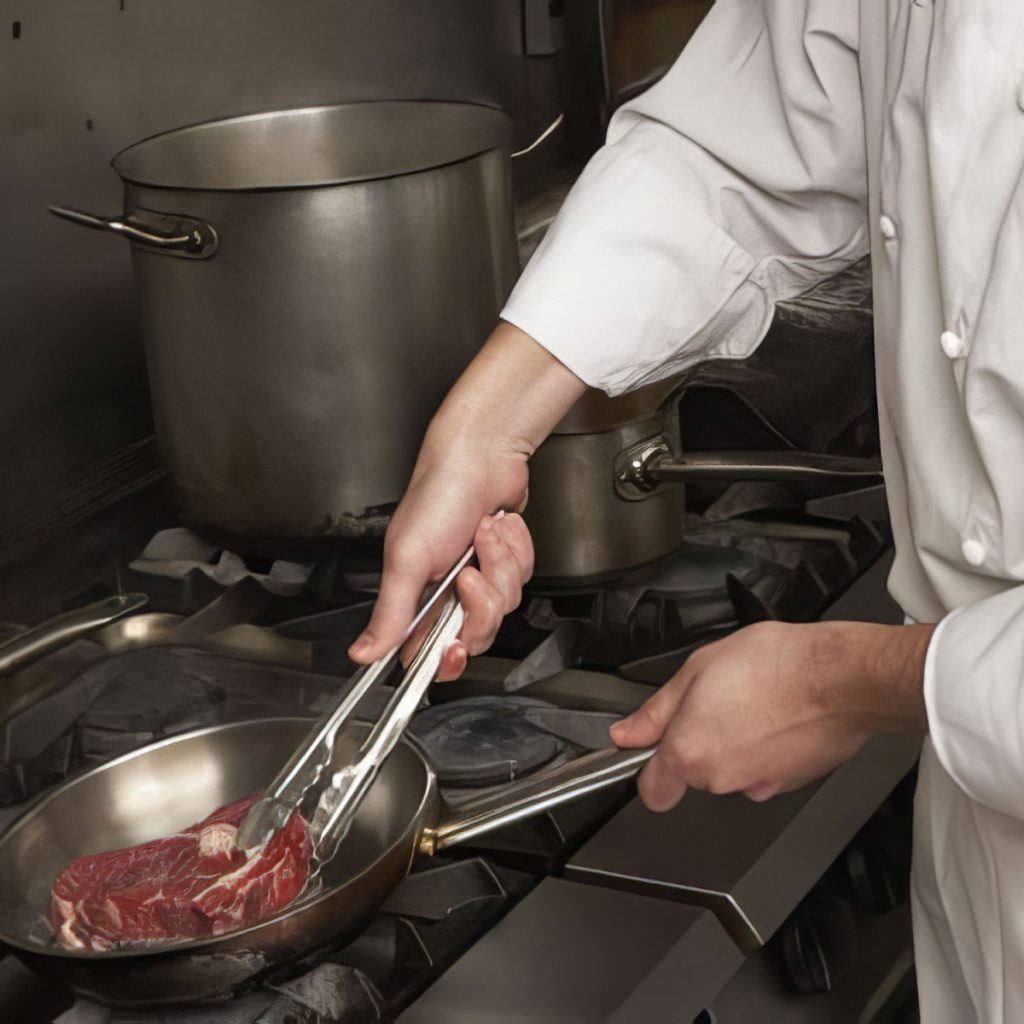How Professional Chefs Can Reduce Food Wastes
It’s no secret that perfection in the kitchen takes time, skill, dedication…and a whole lot of food. One of the many things taught in culinary school is that the best way to make delicious dishes is to use the best ingredients.
This means taking the best cuts of meat, cutting up vegetables so that they are the same size (and will therefore cook at the same rate), and throwing out foods that might not be good enough to serve to the customers.
In an age when so many people worldwide still go hungry, this can seem like an awful waste—and it is. The Food and Agricultural Organization of the United Nations recently found that roughly one-third of the food produced in the world is wasted. In the United States, this figure has risen to one-half.
This can be a tricky situation for culinary students and aspiring restauranteurs. On the one hand, you want to produce the best possible product, which can mean throwing away food that isn’t right or fresh enough for your purposes.
On the other hand, you might want to join the movement toward greener, more ecologically friendly kitchen practices.
How to Be Part of the Solution
To reduce food waste and put focus on worldwide hunger, many chefs are embracing a different cooking lifestyle. This includes:
- Creating a direct partnership with local farmers instead of relying on mass-shipped produce
- Changing diner expectations about food appearance
- Offering multiple portion sizes to suit the diner’s appetite
- Using less fresh foods in soups and stews (for dining or donation)
- Whole animal cooking
- Composting food waste on site
- Donating food to charitable organizations
- Converting oils to biodiesel fuel
Learning About Food Waste in Culinary School
Culinary schools are also hopping on board with the movement to reduce food waste. In many programs, students can take specialized courses or do a project that requires them to compare methods/costs for creating a dish.
If this is something that interests you, look for a program that offers training in food waste, management, sustainable purchasing (currently being offered at the Culinary Art Institutes), controlling costs, or commodity crops.












